Some leaks are simple to spot, such as water spraying under your sink or from a leaking tap. Slab leaks, on the other hand, are a different matter. These leaks originate beneath the concrete slabs of your home and can be challenging to detect as they are often hidden from view.
Not only are your underground pipes more challenging to reach, but leaks are easy to ignore until significant damage occurs. However, slab leaks need to be repaired immediately since they have the potential to threaten the structural stability of your property. Here’s a quick guide to help you get started:
Slab Leaks–How Common Are They?
The occurrence of slab leaks varies by location. In earthquake-prone areas, the shifting ground exerts immense strain on pipelines, increasing the likelihood of shearing or cracking. Over time, corroding copper pipes or decaying sewer pipes can also cause slab leaks.
Many homeowners are unaware of water leaks in slab foundations until they get an unexpectedly high water bill. They will then examine all the typical suspects for water leaks in and around the house, such as the sink and toilet.
The feared slab leak typically goes unnoticed, continuing to cause damage to your home. It is why hiring a professional plumber to spot, and repair leak sources correctly are crucial.
Here are some indicators that you may have a slab leak in your home:
1. Odd and Unpleasant Smells
As water leaks up into your flooring, water can cause mould and mildew growth under your floors or in your carpeting. Typically the moisture can also be absorbed into your walls, causing mould development.
Mould and mildew development may not be visible, but is often easy to smell. If you notice a musty smell from your floors or walls, start looking for additional symptoms of a slab leak.
2. Damaged or Wet Floors
Water from a slab leak often has to travel up. Water will ultimately reach your flooring, causing severe damage. The extent of the damage depends on the flooring.
If you have carpeting, you may find that some places feel moist and appear darker than the rest, although nothing has been spilled. A slab leak can also ruin hardwood floors. Damaged flooring may necessitate costly repairs or replacement.
3. Floor Hot Spots
Around 80 per cent of slab leaks originate in the hot water pipe. The hot water escapes into the earth and heats the concrete above it. Your flooring gets heated as the concrete heats.
Hot spots on hardwood, tile, and lino flooring are easy to notice, but It’s harder to spot them on the carpet. If you find unusual hot patches on your floor, it might be a sign of a hot water pipe leak.
4. Low Water Pressure
When you have a slab leak, less water gets to where it needs to go as water escapes from the pipe. A slab leak increases your monthly water cost while decreasing water pressure.
If you observe a sudden drop in your water pressure when no other fixtures are being used simultaneously, this might indicate the presence of a slab leak.
5. Increased Water Bills
When you leak, your water constantly flows instead of just when you turn it on. As a result, your water bills will go up since your water is continuously flowing. If your water bill suddenly increases without explanation, it may suggest a slab leak.
Conclusion
Many individuals are concerned that fixing a slab leak may necessitate repiping their whole house. This is not always the case. Rerouting your plumbing after a slab leak does not need digging into the slab, and can be repaired with a quicker, less costly, and less damaging solution.
Hire a licensed plumber who can accurately and adequately diagnose slab leaks with the necessary training and equipment. A lot of home insurance policies cover costs resulting from plumbing leak repairs, including slab leak repair so it’s best to call in a licensed plumber.
Designa Plumbing is a fully licensed plumbing and gas fitter company, servicing North Adelaide and nearby areas. We are your local 24-hour emergency plumbers, proudly SA family-owned and operated. Contact us today!


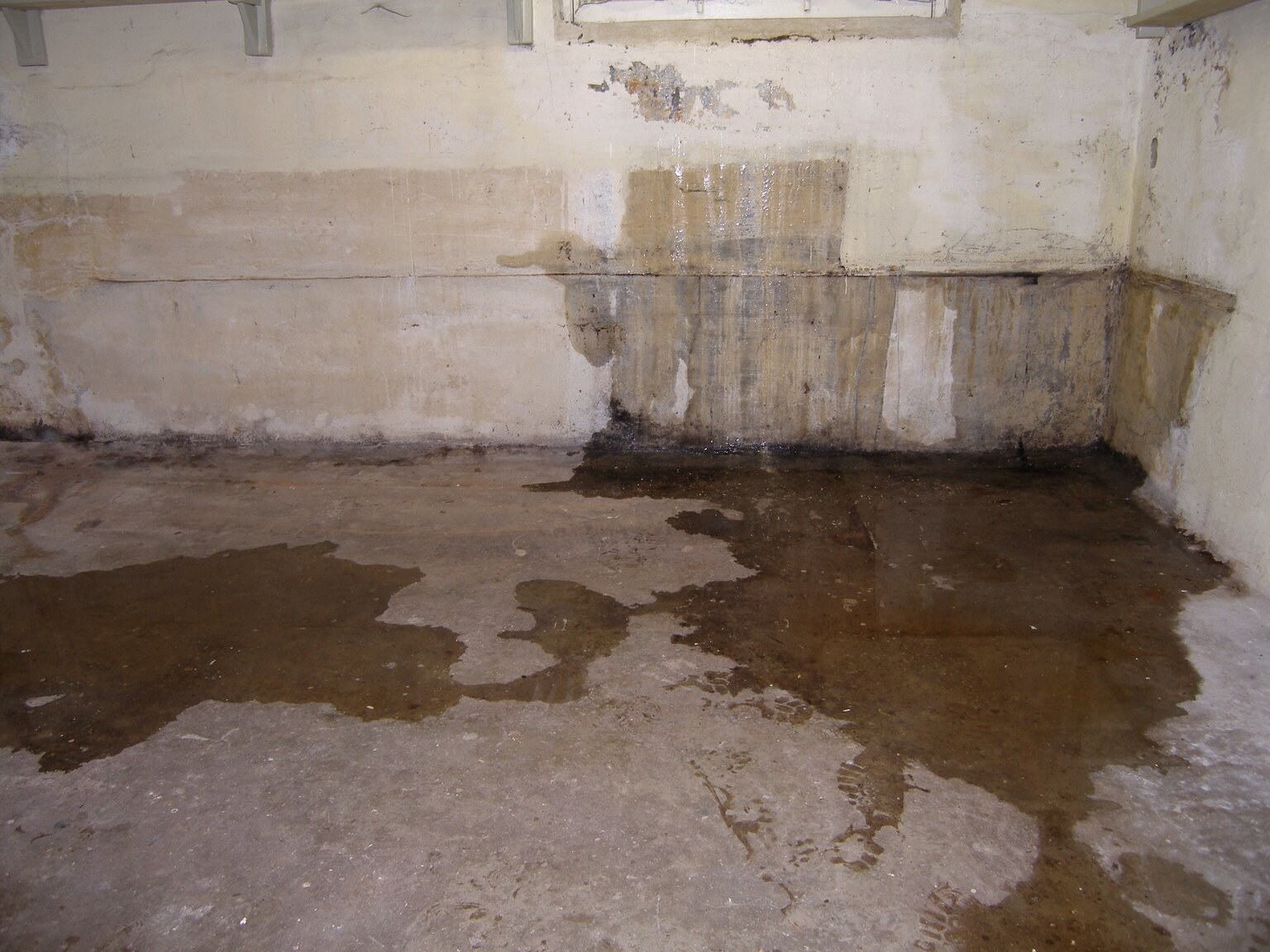
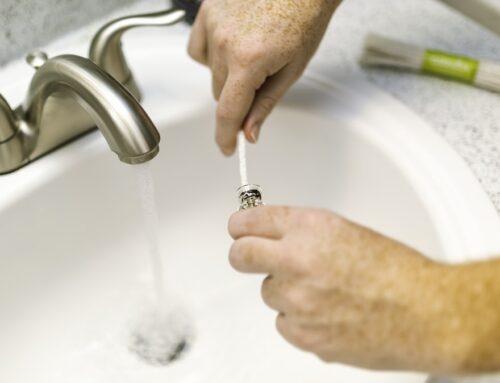
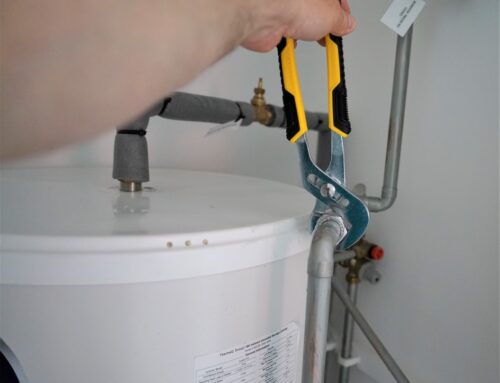
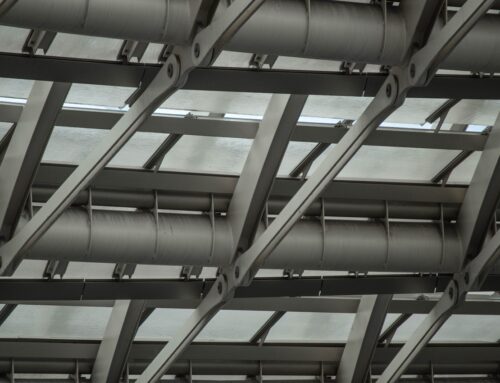
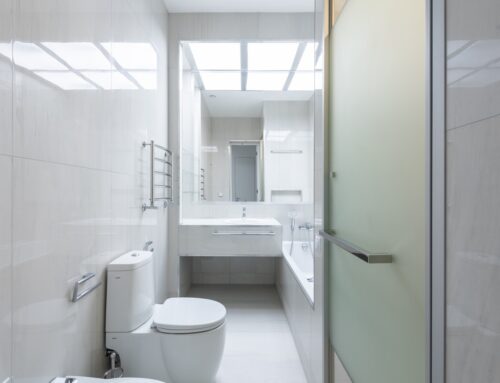
Leave A Comment